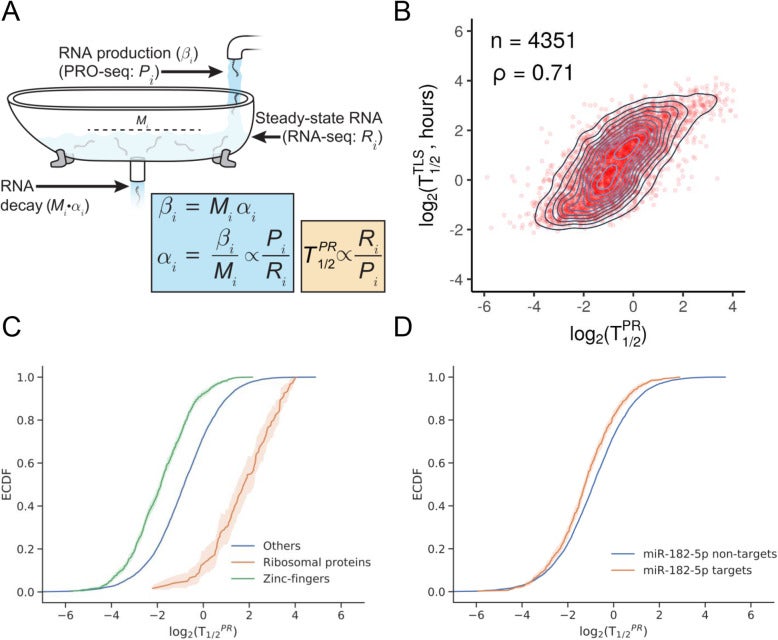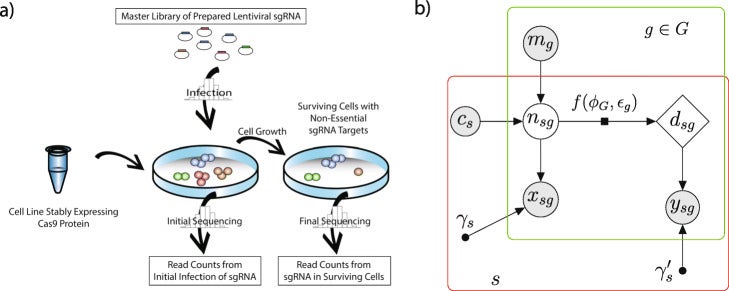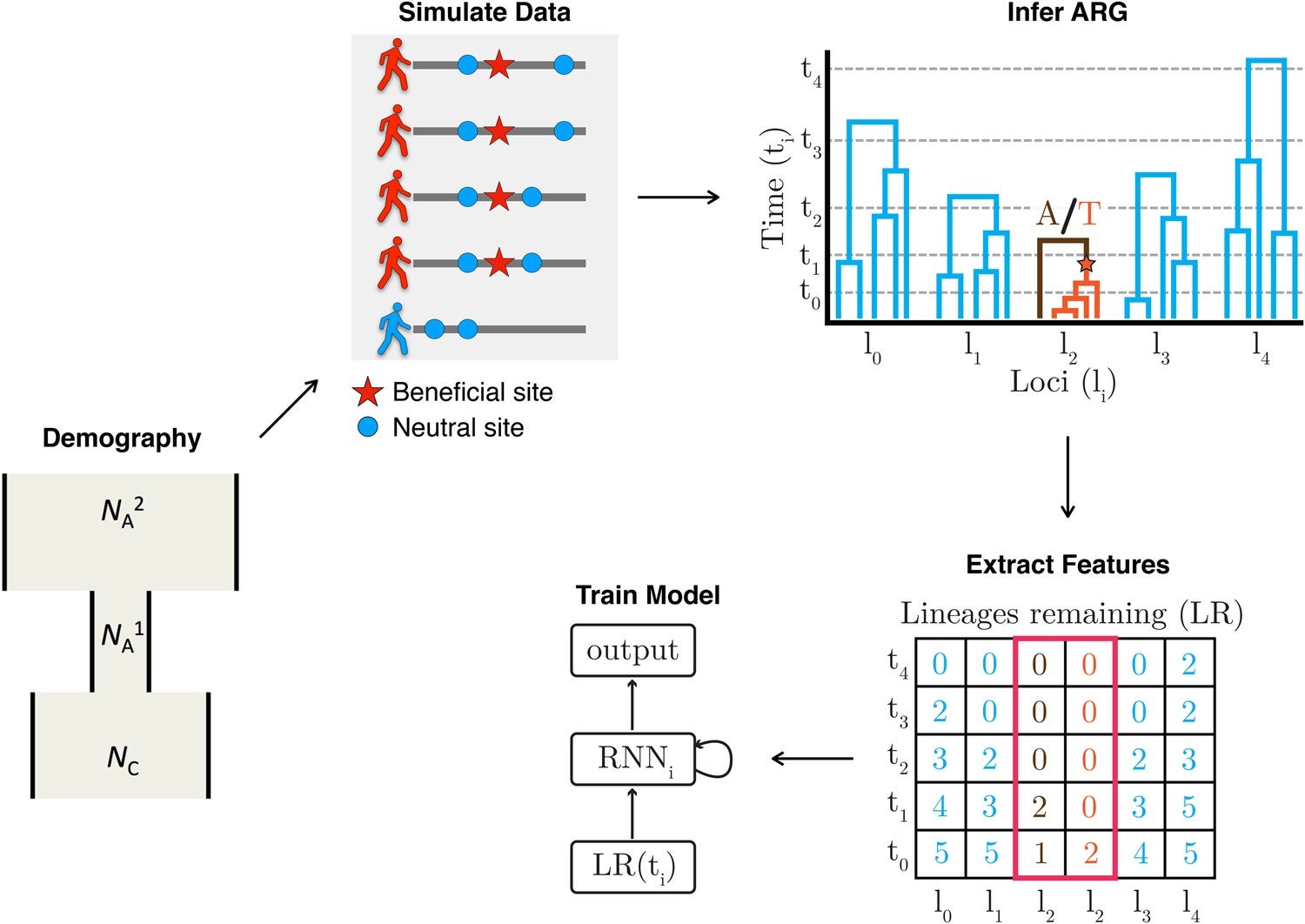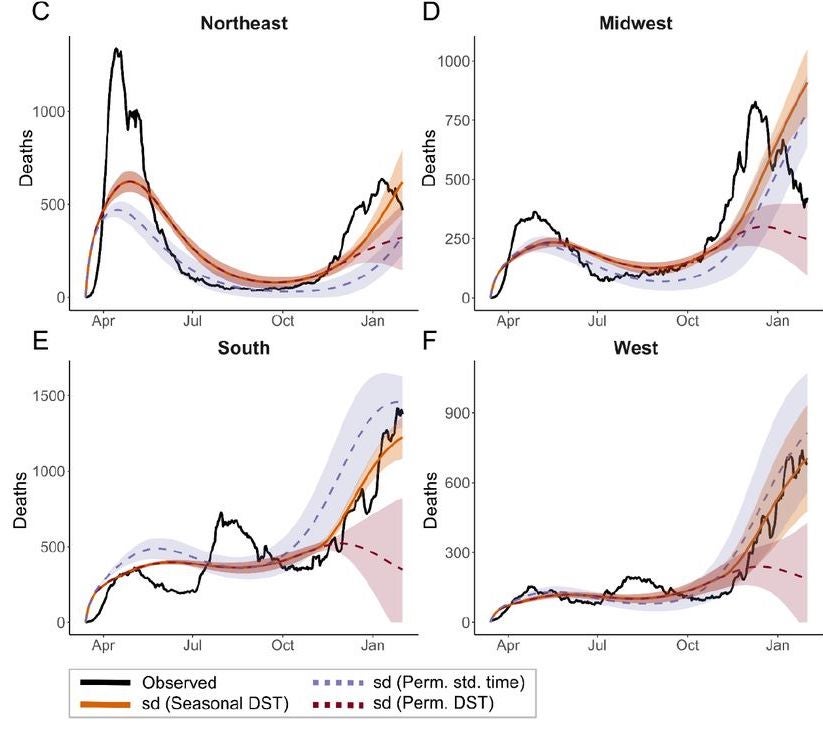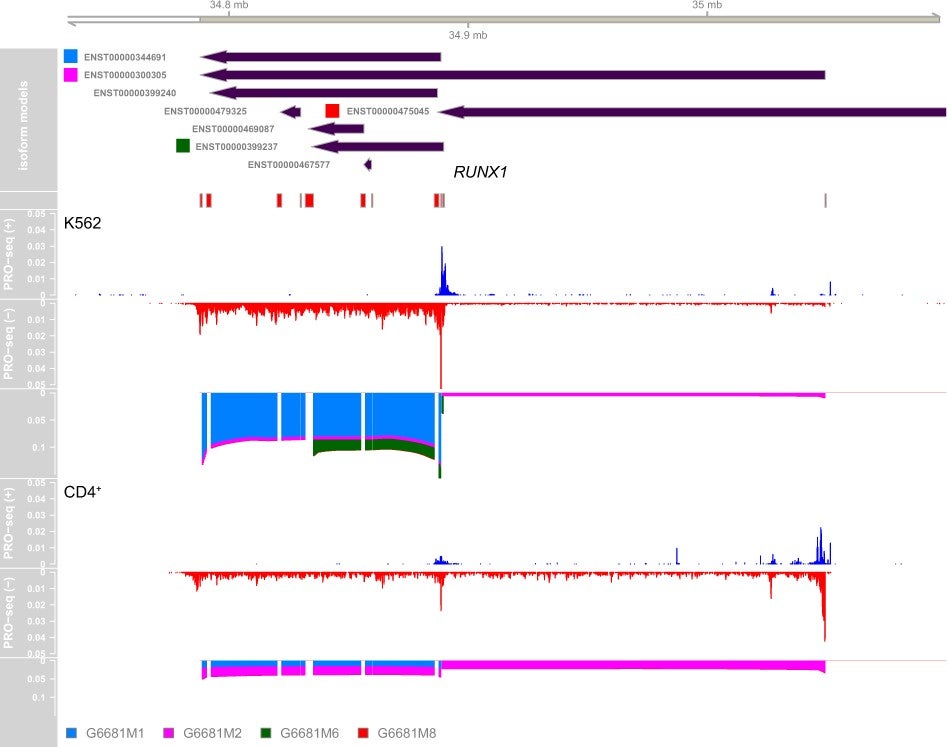
Adam C. Siepel
Professor, CSHL School of Biological Sciences
Simons Center for Quantitative Biology
Cold Spring Harbor Laboratory
Modern genomic technologies make it relatively easy to generate rich data sets describing genome sequences, RNA expression, chromatin states, and many other aspects of the storage, transmission, and expression of genetic information. For many problems in genetics today, the limiting step is no longer in data generation, but in integrating and interpreting the available data. Addressing these challenges requires expertise both in the practical arts of data analysis and in the theoretical underpinnings of statistics, computer science, and evolutionary genetics.
The Siepel Lab focuses on a diverse collection of research questions in this interdisciplinary area. Over the years, our work has addressed topics including the identification of recombinant strains of HIV, the identification of evolutionarily conserved and rapidly evolving sequences in mammalian genomes, the study of gene flow between Neanderthals and modern humans, and the characterization of transcriptional responses to cellular stress. A general theme in our work is the development of precise mathematical models for the complex processes by which genomes evolve over time, and the use of these models, together with techniques from computer science and statistics, both to reconstruct evolutionary history, and to address questions of practical importance for human health, agriculture, and the environment. Recently, our research has primarily focused on human population genetics and the evolution of transcriptional regulation in mammals. However, we also have active projects in comparative genomics of maize, sorghum, and related crops, comparative genomics of bats, phylogenetic analysis of metastatic prostate cancer, and epigenomics of mammary epithelial cells in humans and mice in the presence of aging and pregnancy.

